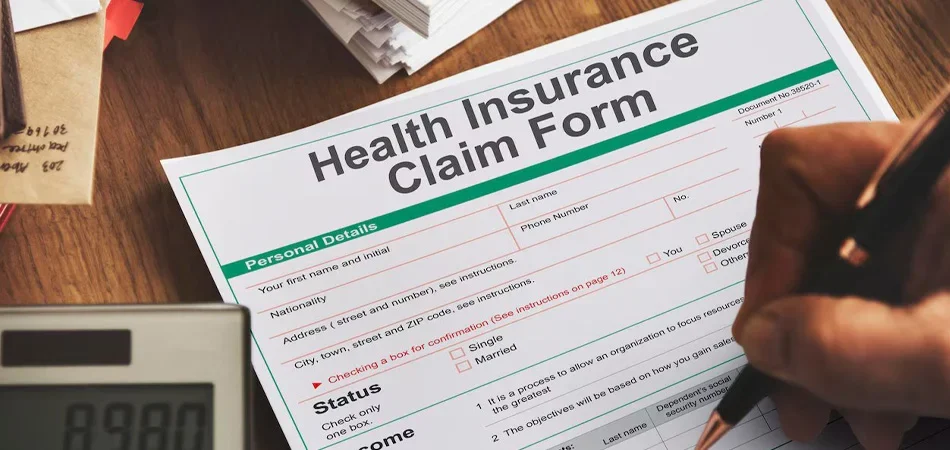Should you use your health insurance for accident-related care?

Going to the emergency room after a car accident is always a good idea. After all, your body’s stress response may mask injury symptoms. Only after a doctor examines you can you know whether you have suffered a serious injury in the crash.
It may cost you $2,000 or more just to walk into the emergency department at your local hospital. If you need surgery, a hospital stay or specialized care, you may be looking at tens or even hundreds of thousands of dollars in medical expenses. Should you refer these costs to your health insurance provider?
Use the insurance you have
In exchange for the regular premiums you pay, your insurer pays the medical expenses you incur. If you do not use the insurance you have, your medical bills may accumulate quickly. Failing to stay on top of these bills may cause your credit score to plummet and your stress levels to rise.
Accordingly, if you have health insurance, you should let the insurance company pay your accident-related medical expenses.
Pay a reduced amount
Insurance providers often negotiate with health care professionals to lower payments for medical services. If your insurer does, you may have fewer out-of-pocket medical expenses to pay. Rather than worrying about paying outstanding bills, you can focus on your recovery.
Collect from the responsible driver
Even if your insurance company pays for your medical expenses, you may pursue financial compensation from the driver who caused the accident that caused your injuries.
Furthermore, because of Louisiana’s collateral source rule, you are likely eligible to recover 100% of your accident-related medical expenses. This is true even if your insurer negotiated a reduced payment amount, wrote off certain bills or otherwise paid less for your medical care.



